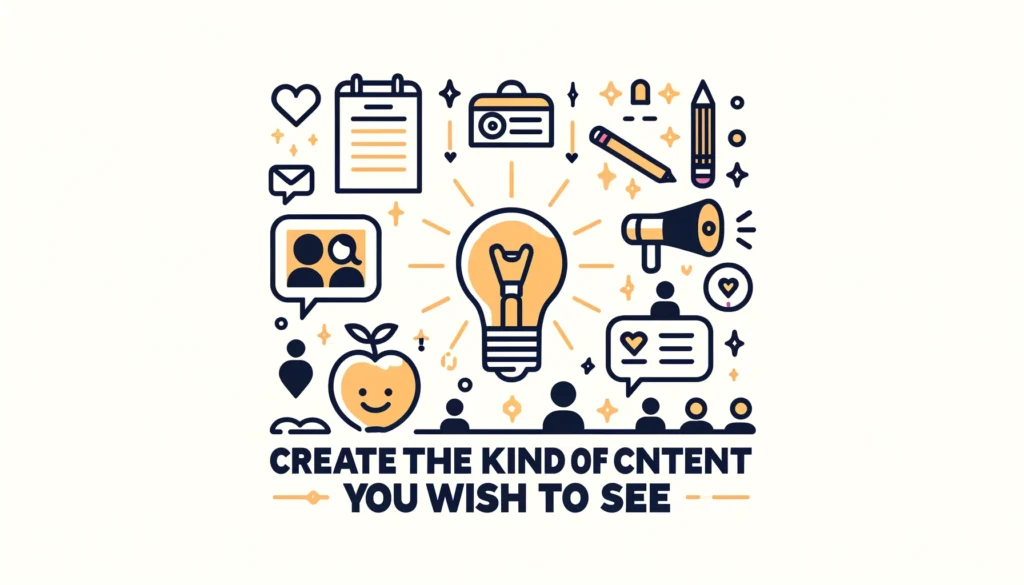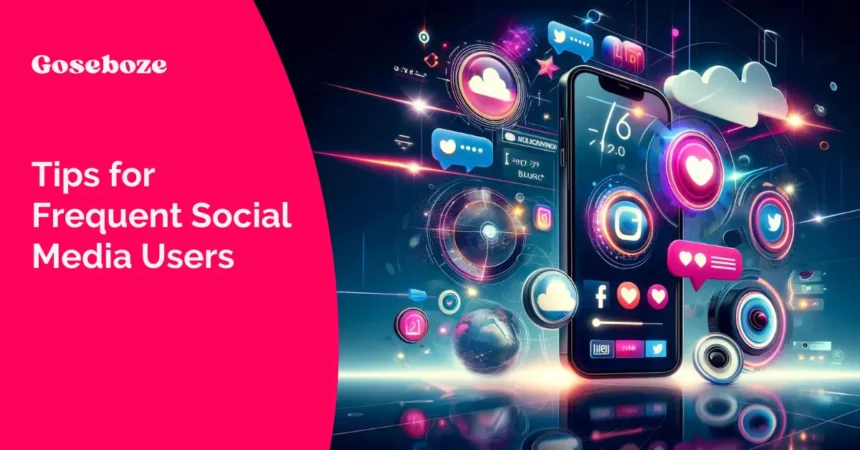Whether you’re a teen with an active social life or an adult in the marketing, retail, or tech fields, daily social media use is a given. Due to its advantages and connection opportunities, frequent and prolonged social media use can adversely impact your life in several ways. Want to take control and have a more positive relationship with your socials? Then read on!
Adjust your Usage Habits

Recent data tells us the average person spends almost 2.5 hours daily engaging with social media. That’s already a lot, especially if you spend much time comparing your life’s complexities and shortcomings with someone else’s (often fictitious) highlight reel. It’s not necessary to go cold turkey, but adjusting your habits may be in order.
Start by analyzing your behavior. How much time do you spend on social media? How much of that time would you say is productive or has a positive impact? Are there social platforms you could ditch without looking back? Set aside some time in your day for social media and stick to it. If you’re having trouble sticking to such a schedule, maybe temporarily block the site / uninstall the app.
Consider Your Digital Footprint
Getting the most out of social media hinges on sharing. Whether it’s showing off vacation photos to family & friends or connecting with favorite brands, using social media creates a lot of detailed information on you. This digital footprint is hard to get rid of and easy to exploit.
Social media companies and their partners use the data to perfect their advertising strategies. However, someone could also decide your house was ripe for plundering if they figured out your address and vacation plans.
Being more careful about what you share online in the future will help reduce your online footprint, but what about the data that’s already out there? You should review account privacy settings for all your socials and ensure only friends have access. Chances are data brokers or people finder sites already have thorough profiles of you, so deleting your accounts may not help. However, a trustworthy data removal service can intervene and have them delete any and all information they’ve collected.
Read Also: Artistic Inspiration for Contemporary Interiors
Take Control of Your Experience
Algorithms play a huge part in shaping our social media feeds and negatively impact the way we perceive news, opinions, or even reality itself. They interpret topics and posts with the most engagement as being the most interesting and, therefore, favorable. Yet, such content tends to be inflammatory or toxic, which can take a toll on your well-being or self-esteem.
Rather than being a slave to the algorithm, start curating your feeds more closely. Identify and eliminate sources of discomfort or stress, even if they include a vocal family member. Shape a feed that focuses more on content and people you are interested in. Relax and educate yourself instead.
Create the Kind of Content You Wish to See

You might be contributing to the problem without being aware of it. Every polarizing retweet or senseless online discussion you engage in could negatively impact someone else while not doing much good for you, either. If you’re a creator, focus on content that brings value to others and promotes a positive community. Ordinary users can always do their part by refraining from inflammatory comments and spreading positivity.
Don’t Take the Risks Lightly
You’ve heard of and maybe even experienced the darker side of social media. Cyberbullying, stalking, and scams are the unfortunate side effects you need to learn how to recognize and avoid. Common sense will help with some issues, specialized tools can address others.
For example, a VPN is essential if you access social media from an unsecured network like free Wi-Fi in a café or an airport. Securing the connection with advanced VPN encryption ensures potential hackers or snoops can’t identify what you’re doing on the internet and cannot steal your login credentials. That’s why you need an uninterrupted shield when you are online. Always test your VPN and confirm that it works properly before you connect to a public network.
Conclusion
The rising prevalence of social media in our daily and professional lives makes it far too easy to develop bad habits and fall into a rut of negativity, addiction, and unsafe use. We hope you’ll find the tips provided here helpful in overcoming these challenges.








